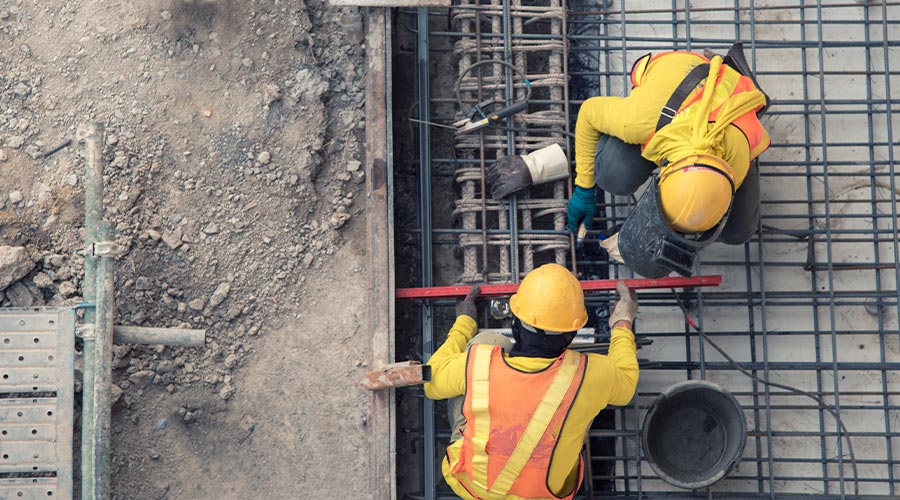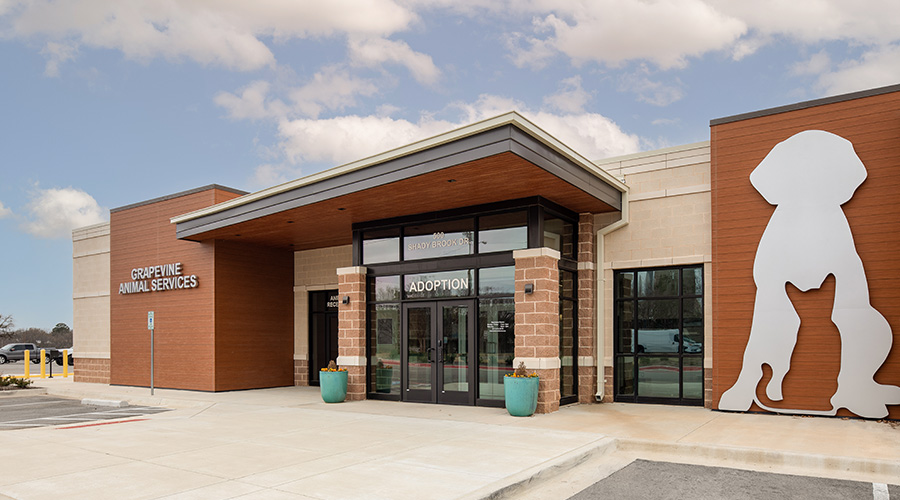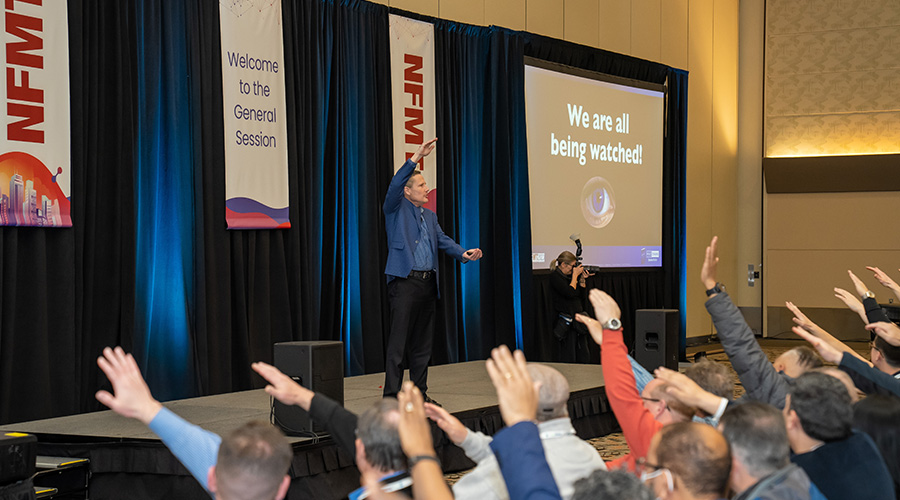
Advanced Skills Credential Now Available to Address Building Technology
Sustainability, decarbonization initiatives open door for technicians to obtain new credential February 20, 2024
By Doug Carroll, Contributing Writer
Advances in technology and sustainability have changed the landscape for facility managers and the people they hire, and now there is a technician-level professional credential to reflect those changes.
The credential for a High-Performance Building Operations Professional (HPBOP), was launched recently to address the need for advanced skills standards in commercial building operations. It is believed to be the first of its kind in the industry.
“The inspiration for this was the need to really have skills that support high-performance building operations,” says Larry Chang, founding director of the California-based BEST Center, which was begun in 2012 to support publicly funded two- and four-year colleges with programs in HVAC, controls, building automation systems and energy/facilities management. BEST stands for Building Efficiency for a Sustainable Tomorrow.
“Buildings are advancing rapidly with technology,” Chang says. “In order to keep up, you’ve got to have staff that’s up to snuff. Otherwise, you’re playing catch-up, and it could mean extra energy costs. If your CO2 levels are too high, less productivity could result.
“A host of benefits accompany (this credential).”
Funded by the National Science Foundation, BEST developed the HPBOP certification to:
- Recognize the capability and achievements of the individual technician.
- Allow employers to identify qualified candidates to hire or promote from within.
- Encourage sustainability leadership within an organization or institution.
To earn the credential, candidates must start by registering and applying to take the pilot exam — which is free for the time being — at the HPBOP website. Certification goals and work and education prerequisites are explained on the site, as part of a candidate guidebook.
“A two-year associate’s degree or a four-year degree in a related field would need a minimum of two years’ work experience to sit for the exam,” Chang says. “There is a balance between education and work requirements.
“Of the certifications that were available, really none addressed the advanced skills needed to support high-performance buildings. There was a void.”
The HPBOP certification was developed according to International Standards Organization 17024 standards. It requires core knowledge of building mechanical and electrical systems, and it incorporates higher-level knowledge and skills in the application of energy conservation skills and strategies, effective use of the building automation system and application of continuous quality improvement practices.
Chang offered examples of how the playing field has dramatically changed.
“Now there’s a big push toward building decarbonization, and the equipment for that needs to be part of your arsenal of knowledge,” he says. “Also, buildings that have been LEED certified can’t be allowed to drift from optimal performance.”
Chang said he expects the HPBOP pilot phase to be completed in the spring, with accreditation coming via the International Standards Organization. A partnership with the International Facility Management Association is in the works, he said.
The BEST Center, initially based at Laney College in Oakland, Calif., has been at the University of California-Berkeley since late 2021.
Doug Carroll is a freelance writer from Chandler, Arizona.
Next
Read next on FacilitiesNet












